
Hassle-free Consultation

Smooth Surgeries

Expert Doctors

Trusted Hospitals

Welcome to Aapkacare's comprehensive guide on kidney replacement. In this article, we'll cover all aspects of kidney replacement, including treatment options, signs indicating the need for surgery, the surgical procedures involved, and the benefits of undergoing this life-changing treatment.
AapkaCare Provides Top Doctors
| SURGERY NAME | KIDNEY TRANSPLANT |
| ALTERNATIVE NAME | RENAL TRANSPLANTATION |
| DISEASE TREATED | END-RENAL DISEASE, URINARY TRACT OBSTRUCTION, LUPUS, REPEATED URINARY INFECTION, POLYCYSTIC KIDNEY DISEASE |
| BENEFITS OF THE SURGERY | INCREASES LIFE EXPECTANCY OR SURVIVAL RATE, IMPROVES THE QUALITY OF LIFE, COST-EFFECTIVE, ALLOW TO RESUME DAILY ACTIVITIES |
| TREATED BY | NEPHROLOGIST |
A Kidney Transplant is a surgical method in which a healthy kidney is transplanted in patients suffering from an end-stage renal disease with irreversible kidney damage. This procedure is also known as Renal Transplantation. The kidney transplant is a major and complex procedure that takes about 3 to 5 hours to complete and is performed under general anaesthesia. The procedure has a high success rate.
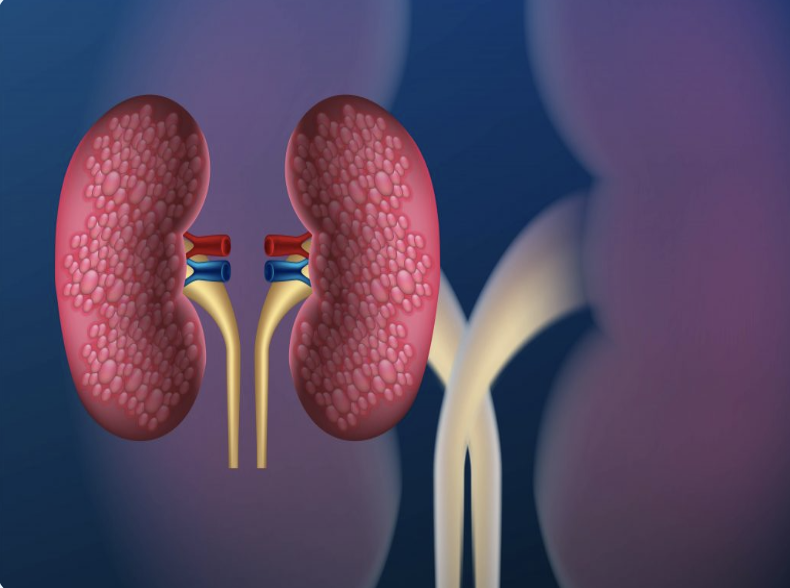
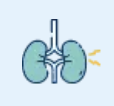
Filling excessively tired despite adequate rest.

Noticeable swelling in the ankles, feet, or around the eyes.

Uncontrolled high blood pressure that is difficult to manage.

A significant decrease in the amount of urine produced.

Changes in the color, odor, or frequency of urination.

Difficulty breathing, especially during physical activity.
Kidney replacement, often referred to as kidney transplantation, is a medical procedure performed to replace a non-functioning or failed kidney with a healthy kidney from a living or deceased donor. The primary cause of kidney replacement is end-stage renal disease (ESRD), in which the kidneys have lost most or all of their normal function. Several common causes of ESRD can lead to the need for kidney replacement:

The most common cause of ESRD is the progression of chronic kidney disease. CKD can result from various underlying conditions, including diabetes, high blood pressure (hypertension). glomerulonephritis, polycystic kidney disease, and other kidney-related disorders.

Diabetes is a leading cause of kidney disease, particularly in cases of type 1 and type 2 diabetes

Uncontrolled high blood pressure over an extended period can cause damage to the blood vessels in the kidneys.

Glomerulonephritis is a group of diseases that cause inflammation and damage to the tiny kidney filtering units. of the glomeruli.

PKD is a genetic disorder in which cysts form within the kidneys

Severe and recurrent kidney infections or autoimmune conditions affecting the kidneys can lead to kidney damage and ESRD.

Before the surgery, the patient is evaluated by a transplant centre team. Tests are done to ensure that the patient is healthy enough to undergo transplant surgery. The following tests are done before surgery:
On the day of the Kidney Transplant
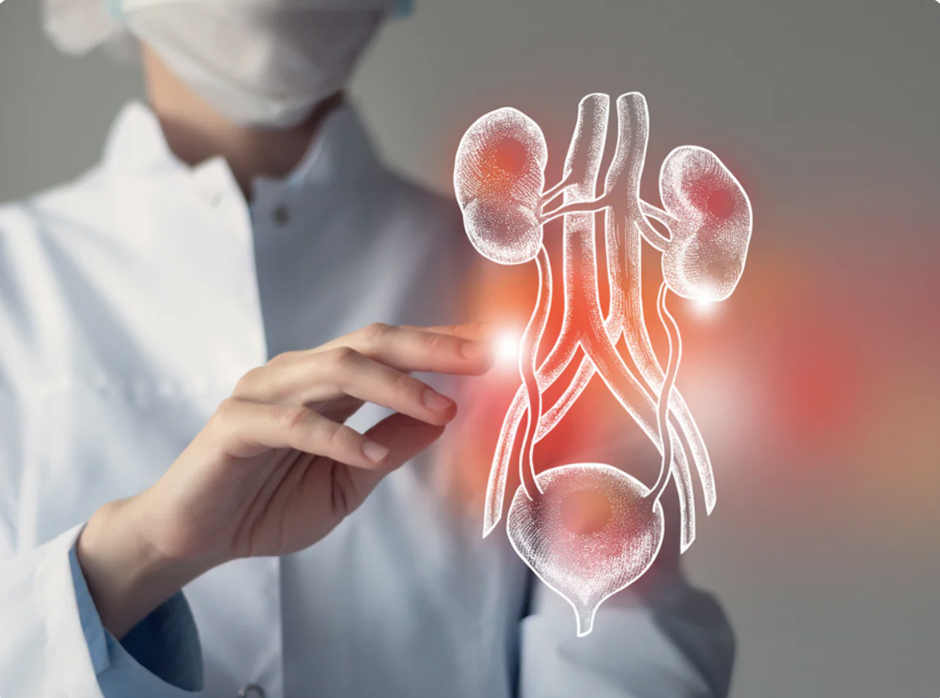
A kidney transplant is generally the best treatment for kidney failure in a patient who fits the transplantation procedure. A successful kidney transplant procedure provides several benefits such as:
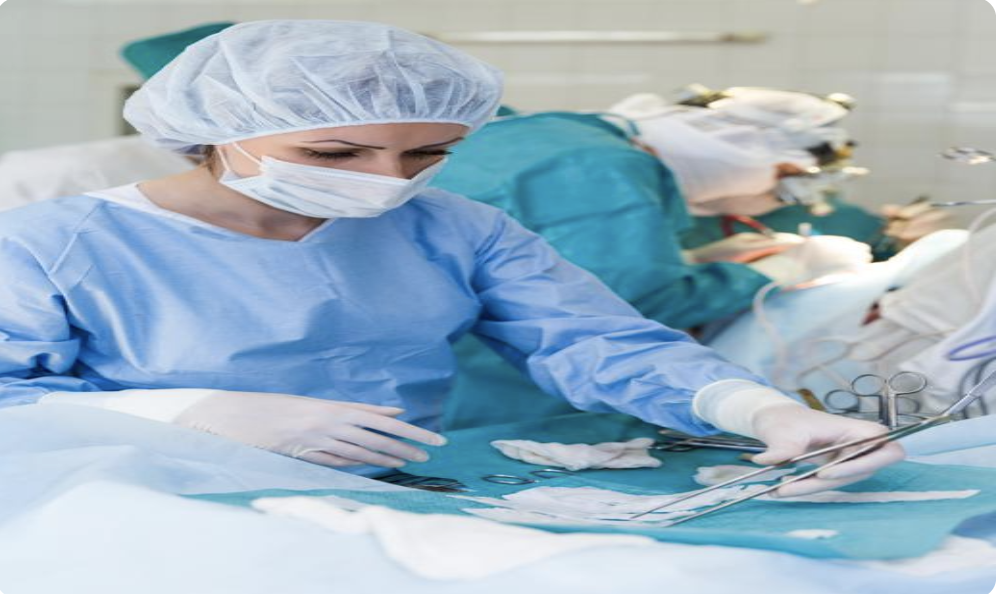
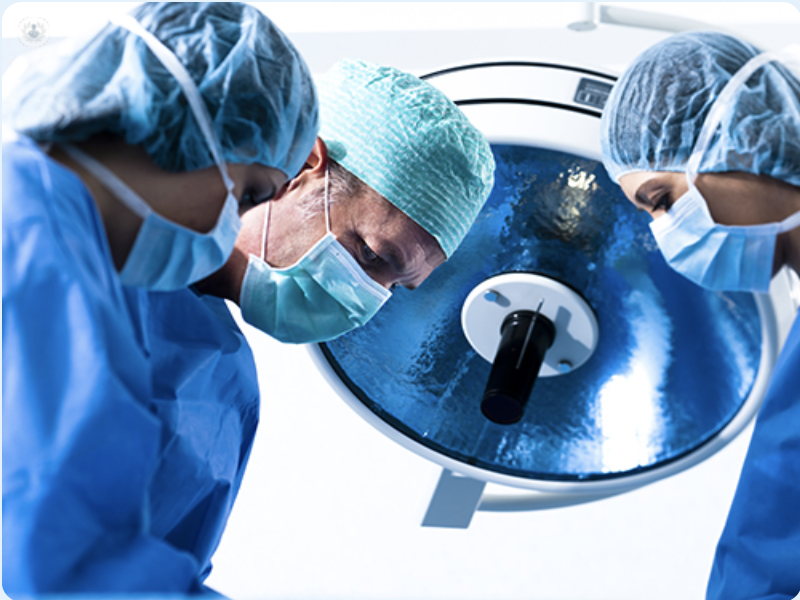
A kidney transplant is a major and complex procedure that can cause problems for some patients. The main risks and complications of kidney transplant include:
The patient can visit the doctor if he/she is facing any kind of discomfort, such as:
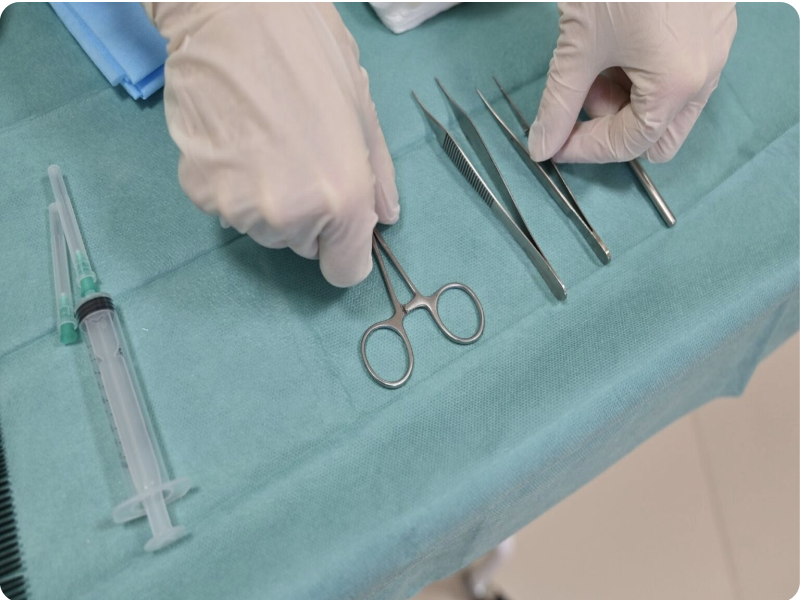

If a patient suffering from an end-stage renal disease delays a kidney transplant, it can cause life-threatening complications. The common risks of delayed kidney transplant are:
At Aapkacare Health we provide well-experienced and highly qualified doctors to give you the most accurate diagnosis and health care advice.

To consult our skilled surgeons for any problems or to undergo cataract surgery, visit the nearest Eye clinic in Pune with Aapkacare Health. You can also schedule an online appointment and speak with the doctor live on video. Make an appointment at Aapkacare Health to speak with the Eye surgeons in Pune. The Pune Aapkacare Health multi-specialty clinics for Ophthal are sanitised, COVID-safe, and well-equipped. Book an appointment for the most advanced cataract procedure in Pune.
Aapkacare Health finds you the most affordable prices for your Cataract in Pune. Even so, the exact cost is hard to pinpoint since your Cataract surgery cost depends on various factors such as age, medical history, type of surgery, etc. Call us today to get a personalised cost breakdown.

